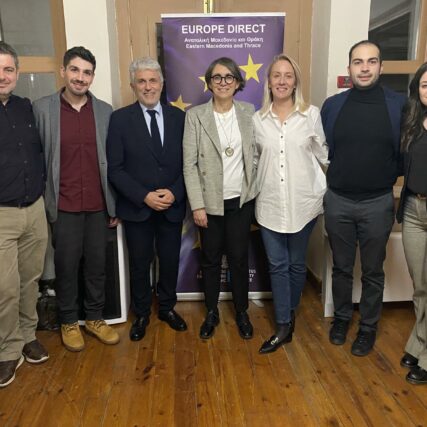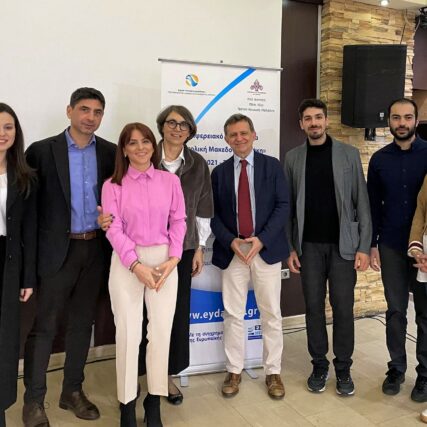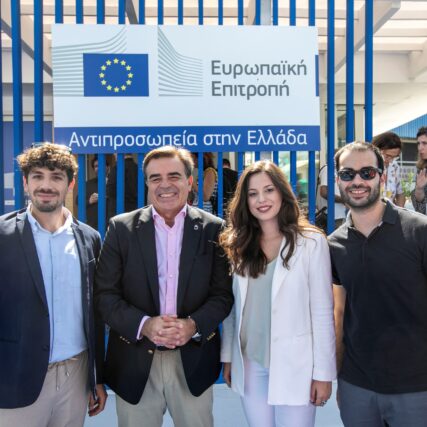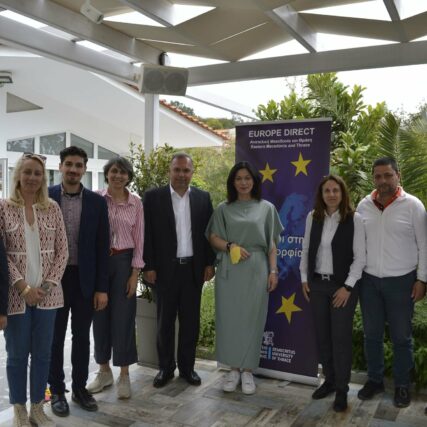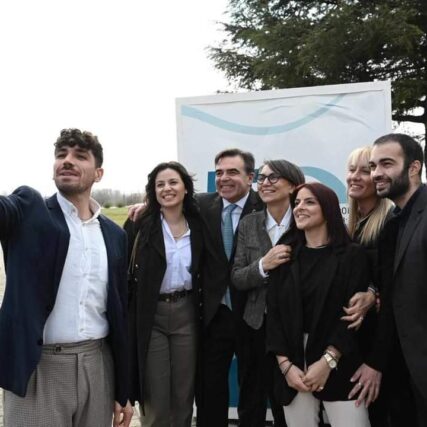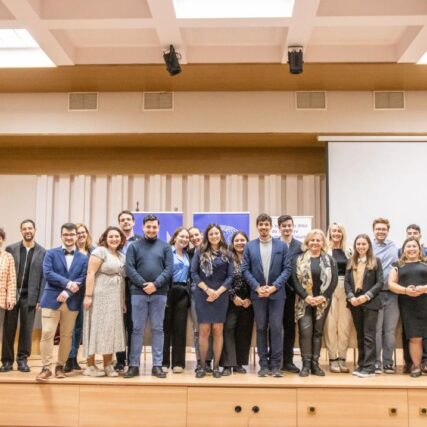Το Europe Direct Ανατολικής Μακεδονίας και Θράκης με φορέα υποδοχής το Δημοκρίτειο Πανεπιστήμιο Θράκης και εταίρο την Περιφέρεια Ανατολικής Μακεδονίας και Θράκης αποτελεί τη συνέχεια του Europe Direct Ξάνθης το οποίο φιλοξένησε το Δ.Π.Θ. την περίοδο 2013 έως το 2021.
Πραγματοποιούμε σε ετήσια βάση εκατοντάδες εκδηλώσεις σύμφωνα με τις προτεραιότητες της Ευρωπαϊκής Επιτροπής, οι οποίες είναι πάντα ανοιχτές προς το κοινό και συνεργαζόμαστε με φορείς της κοινωνίας των πολιτών, με σχολικές μονάδες της Πρωτοβάθμιας και της Δευτεροβάθμιας Εκπαίδευσης και άλλες οργανώσεις.
Στοχεύουμε στην έγκυρη και έγκαιρη πληροφόρηση των πολιτών σχετικά με την Ευρωπαϊκή Ένωση.
